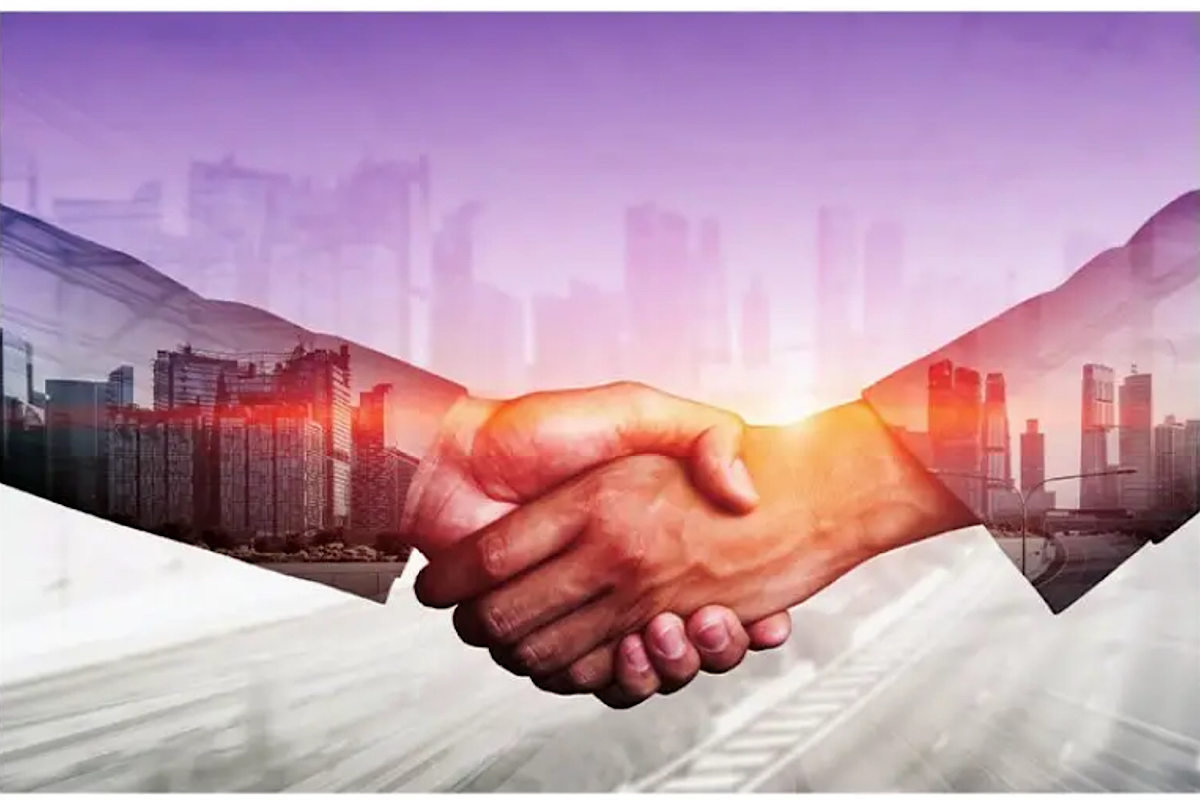Technology new strategic arena of competition, driving geo-political powerplay: Army Chief
The Army Chief said emergency procurement powers given by the Centre has helped the force to modernise itself.
Increasing division, heightened hostility, and a surge in conflicts are defining the current global landscape.

Representation image
Increasing division, heightened hostility, and a surge in conflicts are defining the current global landscape. The perpetual need for crisis management is depleting the crucial human energy that could otherwise be channelled into shaping a more optimistic future. Despite facing serious crises in the past, the current wave of pessimism is unprecedented. And unlike the past, the power and presence of global media and communications technology today means that every challenge and setback is amplified, further magnifying the sense of doom and gloom.
After an era that lifted a billion people out of poverty and improved living standards everywhere, the anxiety about losing control over what lies ahead is pushing people towards embracing extreme ideologies and the leaders who champion them. Rebuilding trust in our future is paramount. The question is where to start, given today’s complex circumstances. Similar to a medical diagnosis, we must first identify and address the root causes of our malaise. We’re at a pivotal moment in history, yet we still cling to outdated solutions.
Complicating matters is the fact that we’re grappling with many issues simultaneously, all of which are deeply interconnected and mutually reinforcing. There’s no quick fix or one-size-fitsall remedy. It’s about addressing all the symptoms in a holistic manner. First, we no longer have a narrative for how to reinvigorate our economies, which today are burdened by unsustainable levels of debt and inflation, eroding the purchasing power of individuals.
Advertisement
Traditional monetary and fiscal policies have run out of steam, and supply side policies are further exacerbating the debt burden. What’s crucially needed now is a new approach – one which leverages the transition to a green, digital, and inclusive economy as a great opportunity for job creation, increased purchasing power and ultimately sustained economic growth. Second, climate change is a clear threat to current and especially future generations.
We must respond to this challenge by increasing energy affordability, security, and sustainability, all the while reducing geoeconomic and geopolitical dependencies. With technological progress, cheaper renewable energy is readily available and can substantially contribute to a more equitable world, with far-reaching impacts on the environment, life quality, and longevity. Third, we are living in an era of exponential technological development, particularly with the advent of artificial intelligence.
These technologies can be enormously disruptive forces if not well governed, but they can also serve as catalysts for a renaissance of humanity, unlocking new dimensions of human creativity and fostering unprecedented collaboration and understanding. These holistic narratives require global, national, and local cooperation – especially in a world that’s becoming more competitive and multipolar, marked by growing societal divides and pervasive uncertainty.
Open, transparent conversations can restore mutual trust between individuals and nations who, out of fear for their own future, prioritize their own interests. The resulting dynamics diminish hope in a brighter future. To steer away from crisis-driven dynamics and foster cooperation, trust and a shared vision for a brighter future, we must create a positive narrative that unlocks the opportunities presented by this historic turning point.
(The writer is Founder and Executive Chairman, World Economic Forum.)
Advertisement